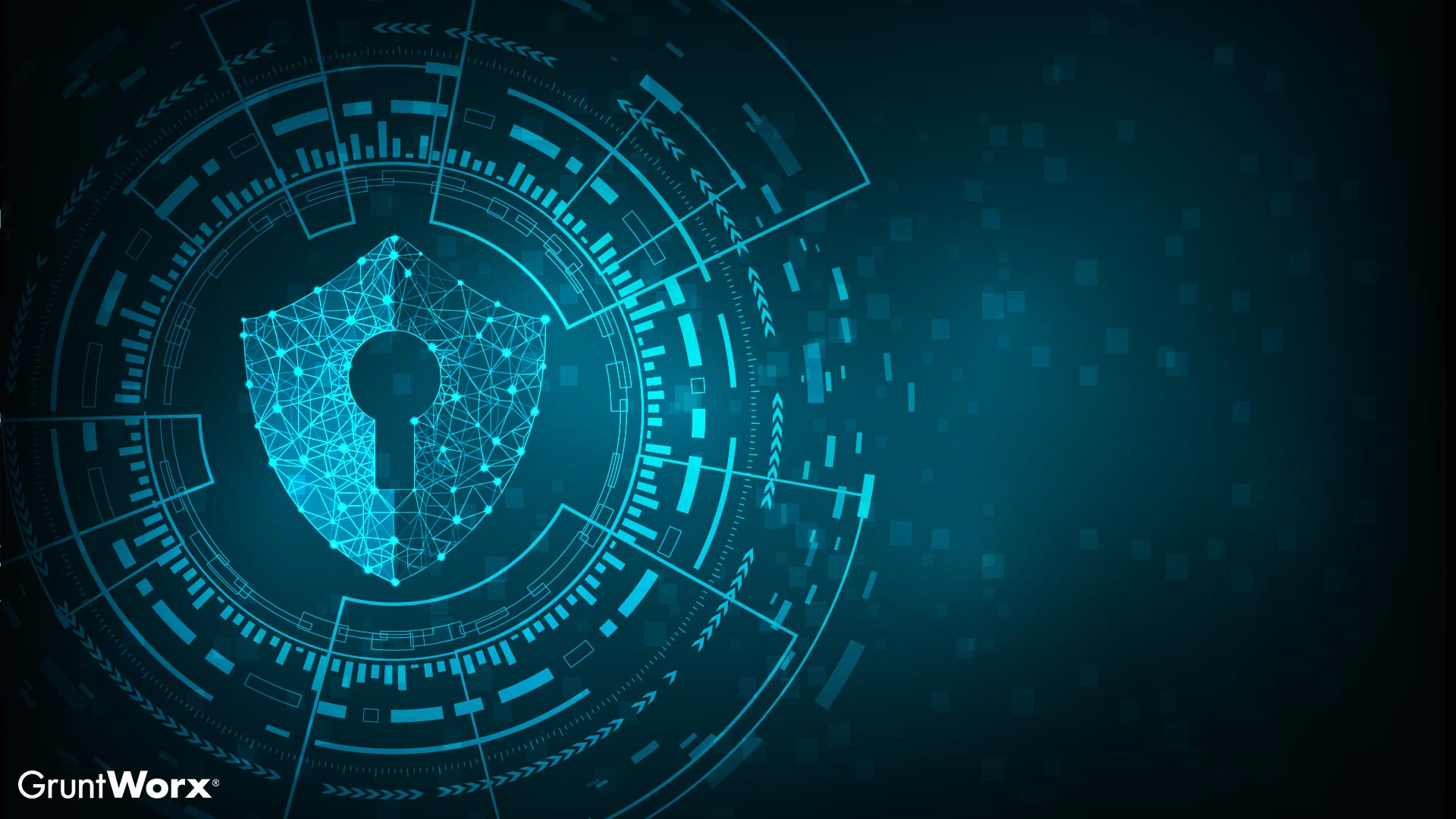Cybersecurity for Remote Workers: Remain Secure at Home
Cybersecurity for Remote Workers: Remain Secure at Home
Blog Article

During this digital age, remote work has grown to be more prevalent than ever, transforming the manner we approach our work. Although the adaptability of remote working offers multiple benefits, it also brings with it a unique set of security challenges. As employees connect to their company infrastructures from individual devices and unprotected home networks, the danger of cyber risks increases dramatically. Understanding how to safeguard sensitive data is essential for anyone employed outside the traditional workplace.
Cybersecurity for virtual workers is not just a technical requirement; it is an integral aspect of maintaining efficiency and reliability in an progressively interconnected world. Employees must be alert about their online actions, understanding that cybercriminals often manipulate vulnerabilities that arise in a home office situation. By implementing easy yet effective cybersecurity measures, off-site workers can safeguard themselves and their companies from prospective breaches and attacks. It’s time to focus on safety and security in our virtual workspaces.
Best Practices for Secure Remote Work
In order to guarantee cybersecurity while working from home, it is crucial to start with a safe internet connection. Avoid using unsecured Wi-Fi networks, since they are frequently insecure and may jeopardize your confidential information to potential hackers. Instead, select a secure, encrypted network, and consider using a VPN to secure your web activities. Regularly updating your firmware of your router and modifying the default passwords can add an enhanced security measure to your domestic network.
Utilizing strong passwords and two-factor authentication is another critical practice for remote workers. Use complex passwords that are hard to crack, which include both letters, numbers, and symbols. It is recommended to utilize a password vault to help generate and store unique passwords for your various accounts. Activating two-factor authentication offers an additional layer of security, requiring a secondary way to verify aside from the password, which greatly hinders access for intruders.
Staying vigilant against phishing attempts is crucial in upholding online safety during remote work. Be cautious when seeing emails from unexpected sources or clicking on suspicious links, as these can direct you to harmful software or information theft. Keep yourself informed about the latest phishing tactics and verify that your workplace provides ongoing training on identifying such threats. Keeping your operating system and applications current will also aid in guarding against weaknesses that attackers could exploit.
Common Challenges to Remote Workers
Remote workers face a variety of digital security risks that can compromise confidential information. One significant threat is phishing attacks, where hackers use misleading emails or communications to manipulate individuals into revealing their account information or other personal information. These attacks often seem authentic, making it difficult for even the most vigilant employee to distinguish the validity of the email. It is crucial for remote workers to stay careful and verify the sources of messages seeking private information.
Another prevalent risk is vulnerable home networks. Many individuals may not have the same quality of security on their home Wi-Fi as they might in an corporate environment. An unsecured connection can be an easy target for cybercriminals who can access personal technology and company data transmitted over the connection. Using complex passcodes, enabling WPA3 security standards, and evaluating virtual private networks can help mitigate this threat.
In addition, virtual workers are at threat of using outdated software and devices. Neglect to consistently update operating systems, applications, and security programs can leave security holes that hackers exploit. Many workers might ignore the importance of these upgrades, believing that their work systems are safe enough. Consistently maintaining software and conducting security audits are critical rituals that can greatly improve the cybersecurity posture of virtual workers.
Cybersecurity Certification
Instruments and Resources for Improved Protection
For virtual workers, acquiring the appropriate resources is essential to upholding cybersecurity. A trustworthy virtual private network is one of the critical instruments, as it secures your online connection and protects your confidential data from potential threats. When picking a virtual private network, look for one with strong encryption protocols and a non-logging policy to ensure your online activities are kept confidential. This is particularly vital when using free Wi-Fi networks that may not be protected.
Another important tool for boosting security is malware protection programs. Installing reputable antivirus programs helps guard your systems from harmful software, ransomware, and different online dangers. Numerous antivirus solutions also provide real-time scanning and automatic updates, which can help protect you from the newest threats. Frequently refreshing both your operating system and applications is also crucial, as these upgrades often contain security patches to address vulnerabilities.
In addition to these resources, explore using password managers to securely keep and organize your credentials. Strong, distinct passcodes are key to protecting your accounts, and a password manager can help generate and store these effectively. Additionally, turning on copyright whenever possible adds an extra layer of security, guaranteeing that even if your passcode is breached, your accounts continue secure. Together, these tools and measures create a solid protection against cyber threats for virtual workers.
Report this page